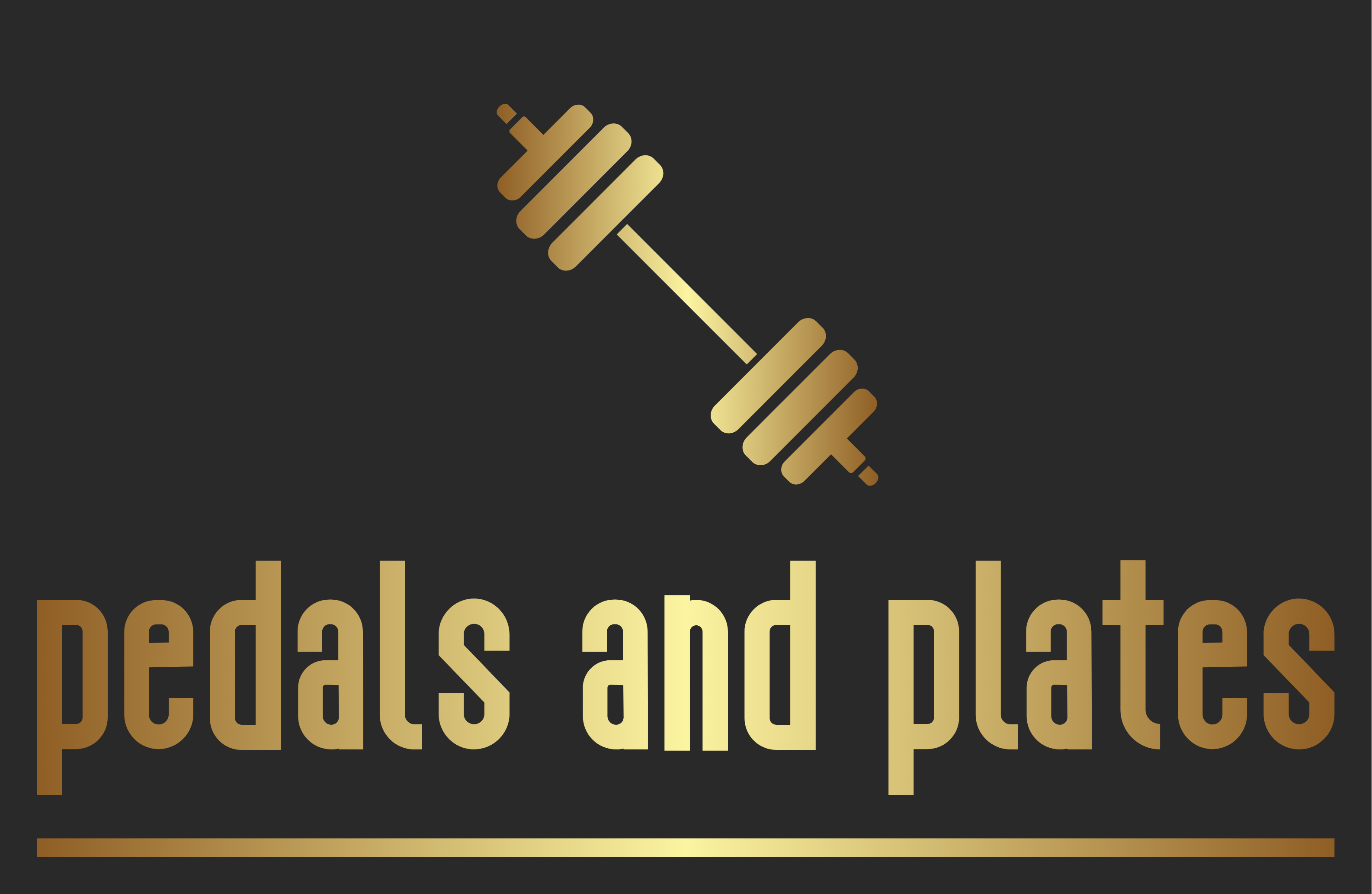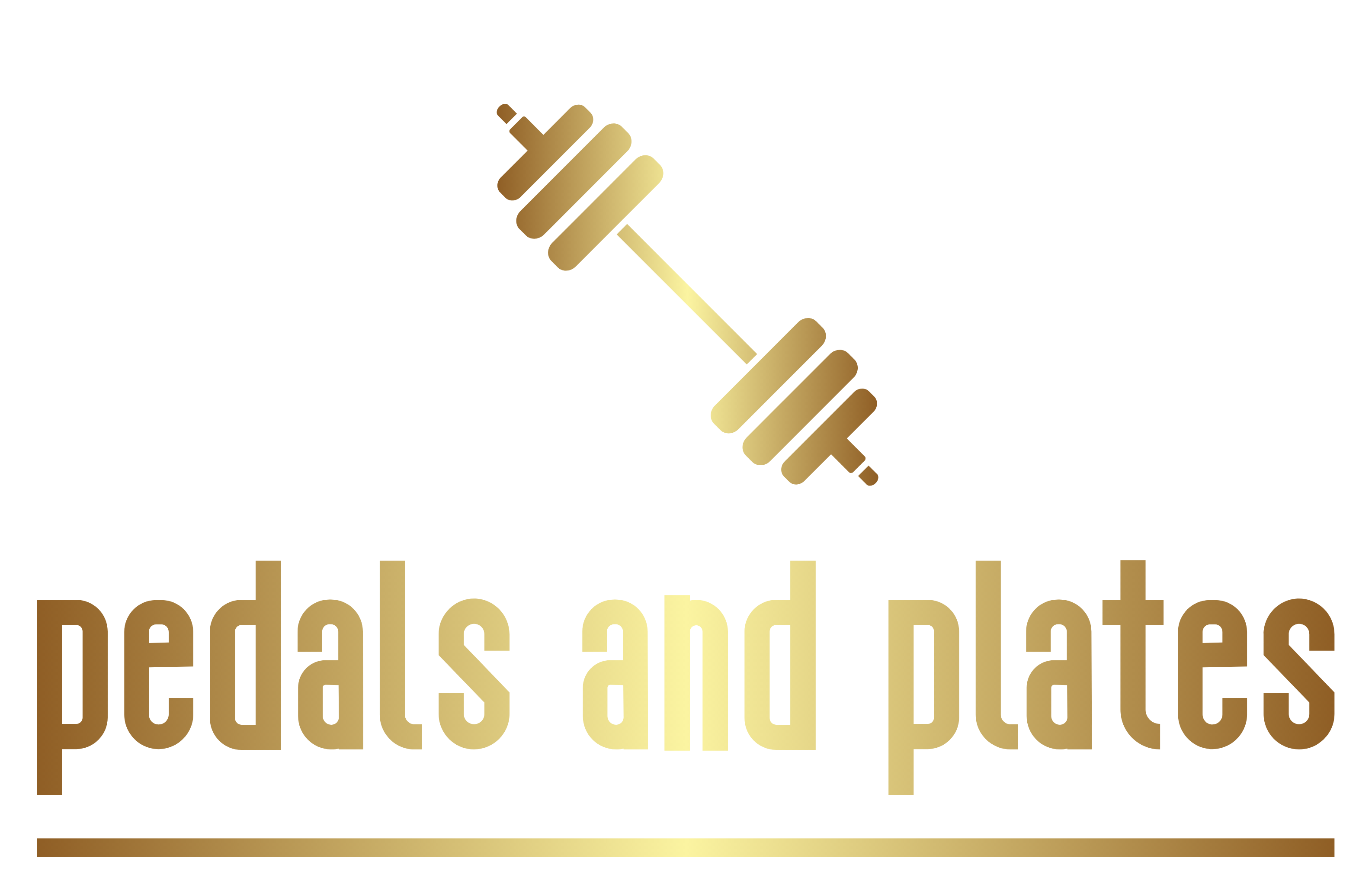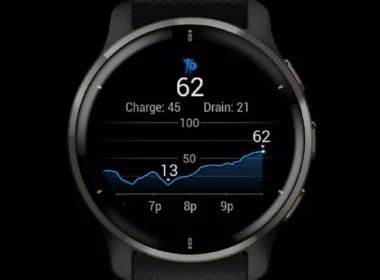In comparing Weight Watchers vs Mediterranean Diet, understanding the differences, benefits, and potential drawbacks is essential. This article delves into the plans of these two popular diets and explores how to integrate them for optimal health and weight loss
Table of contents
- Weight Watchers: An Overview
- Mediterranean Diet: A Comprehensive Introduction
- Weight Watchers vs Mediterranean diet: U.S. News Weighs In
- Can Weight Watchers Incorporate a Mediterranean Diet?
- Mediterranean Diet vs Weight Watchers for Weight Loss: Which is Better?
- FAQs for Weight Watchers vs Mediterranean diet
Weight Watchers: An Overview
Now known as WW, Weight Watchers is a well-established weight loss program with decades of history. The program centers on a points system that assigns point values to various foods based on their nutritional content, encouraging participants to choose healthier options, which leads to weight loss and improved overall health.
Key Components of WW (Weight Watchers)
- SmartPoints System: WW assigns point values to foods based on nutritional content, guiding participants to stay within a daily and weekly budget for balanced eating.
- ZeroPoint Foods: WW encourages consumption of nutritious, satisfying foods like fruits, vegetables, lean proteins, and legumes, which don’t count towards the daily SmartPoints budget.
- PersonalPoints Plan: This personalized approach customizes the SmartPoints budget and ZeroPoint foods list to individual needs, preferences, and activity levels.
- Physical Activity: WW promotes regular physical activity for weight loss and overall health, awarding FitPoints for various exercises tracked in the WW app.
- Behavior Change Techniques: WW helps develop healthier habits and a positive relationship with food through goal setting, self-monitoring, and mindful eating strategies.
- Community Support: WW offers valuable support through in-person workshops, virtual meetings, and online forums, fostering camaraderie and accountability.
- Digital Tools and Resources: The WW app provides a food and activity tracker, barcode scanner, recipe database, personalized meal plans, and access to expert advice.

Health Benefits of the WW Diet
The WW Diet has been associated with numerous health benefits, including:
- Weight Loss: WW provides a structured and sustainable approach to weight loss, helping participants achieve and maintain a healthy weight.
- Improved Heart Health: The WW program’s nutritious food and physical activity focus contribute to better heart health, lower blood pressure, and improved cholesterol.
- Diabetes Management: WW encourages balanced eating and habits, helping manage blood sugar levels and reducing type 2 diabetes risk.
- Increased Energy Levels: WW’s balanced diet and exercise promote boosted energy levels and overall well-being.
- Better Mental Health: The WW community and techniques foster a positive food relationship and sense of accomplishment, improving mental health.
- Long-term Lifestyle Changes: WW’s comprehensive approach supports developing sustainable habits for lasting health and weight management.
Actively promoting long-term health benefits, the WW program offers a flexible and personalized weight loss plan. By concentrating on balanced eating, portion control, and regular physical activity, WW assists individuals in achieving sustainable weight loss, enhancing overall well-being, and reducing the risk of chronic health conditions.

Mediterranean Diet: A Comprehensive Introduction
Gaining significant popularity in recent years, the Mediterranean Diet is a heart-healthy eating plan with numerous health benefits. Drawing inspiration from the traditional eating habits of people in Mediterranean countries like Greece, Italy, and Spain, this diet emphasizes the consumption of a wide variety of nutrient-dense foods while minimizing the intake of red meat, processed foods, and added sugars.
Key Components of the Mediterranean Diet
Centered around several core food groups, the Mediterranean Diet provides essential nutrients, promotes satiety, and contributes to overall health. The key components include:
- Fruits and vegetables: A cornerstone of the Mediterranean Diet, fresh fruits and vegetables should be consumed in abundance. They provide essential vitamins, minerals, and antioxidants, supporting overall health and helping prevent chronic diseases.
- Whole grains: This diet encourages the consumption of whole grains like brown rice, whole wheat, barley, and quinoa. These complex carbohydrates provide sustained energy, support digestion, and are rich in fiber and nutrients.
- Legumes: Mediterranean countries commonly consume beans, lentils, and chickpeas, which serve as excellent plant-based protein and fiber sources. Additionally, they help control blood sugar levels and promote heart health.
- Nuts and seeds: Moderate consumption of nuts and seeds provides healthy fats, fiber, and nutrients, helping control appetite and promoting heart health.
- Healthy fats: The Mediterranean Diet encourages healthy fats like olive oil, avocados, and fatty fish, supporting brain health and heart disease risk reduction.
- Lean proteins: The Mediterranean Diet prefers poultry, eggs, and fish as protein sources, offering essential nutrients without high saturated fat.
- Dairy: Consume low-fat dairy products such as Greek yogurt and feta cheese moderately to support bone health with protein and calcium.
- Herbs and spices: Flavorful Mediterranean dishes with herbs and spices help reduce added salt, promoting heart health.
- Red wine: The Mediterranean Diet permits moderate red wine consumption, which contains antioxidants and benefits heart health when consumed responsibly.

Health Benefits of the Mediterranean Diet
Numerous health benefits are linked to the Mediterranean Diet, including:
- Improved heart health: Studies have shown that the Mediterranean Diet can lower the risk of heart disease, reduce blood pressure, and improve cholesterol levels.
- Reduced risk of chronic diseases: The high antioxidant content in fruits, vegetables, and other Mediterranean foods can help prevent chronic diseases, such as cancer and diabetes.
- Improved brain function: The healthy fats and antioxidants in the Mediterranean Diet can support brain health, potentially reducing the risk of cognitive decline and Alzheimer’s disease.
- Weight loss and maintenance: The emphasis on nutrient-dense, whole foods in the Mediterranean Diet can promote weight loss and help individuals maintain a healthy weight over time.
Not only delicious and enjoyable, the Mediterranean Diet also boasts proven health benefits. Emphasizing whole, unprocessed foods and limiting unhealthy options, this diet aids in weight loss, enhances overall health, and diminishes the risk of chronic diseases.
The Mediterranean diet has been supported by the American Heart Association and the 2020-2025 Dietary Guidelines for Americans as a healthy eating pattern that can lower the risk of heart disease, stroke, and other health conditions.
According to Boston-based registered dietitian Elizabeth Ward, coauthor of The Menopause Diet Plan: A Natural Guide to Managing Hormones, Health and Happiness, the Mediterranean diet is rich in fiber, vitamins, minerals, and phytonutrients, which are protective plant compounds. She explains that this is because the diet is based on fresh and lightly processed plant foods.
As a result of its emphasis on fresh, nutrient-dense plant foods, the Mediterranean diet has been shown to have numerous health benefits. Ward notes that the diet “may help prevent weight gain, type 2 diabetes, heart disease, and certain cancers, as well as preserve cognitive function with age and promote gut health, among other benefits.” These health benefits, combined with the diet’s ease of adherence, make the Mediterranean diet a popular and effective way of eating for optimal health and longevity.
| Weight Watchers (WW) | Mediterranean Diet | |
| Focus | Balanced eating, portion control, and physical activity | Whole, unprocessed foods and moderate wine consumption |
| Method | Point system, tracking food intake and activity | No specific tracking or point system |
| Macro-nutrients | Emphasis on protein and fiber | Emphasis on healthy fats and complex carbohydrates |
| Foods | All foods allowed within SmartPoints budget | Limited red meat, added sugars, and processed foods |
| Fruits and Vegetables | Encouraged and included in SmartPoints budget | Emphasized as a core component of the diet |
| Community | Supportive community through workshops and online forums | Cultural and social emphasis on shared meals and eating habits |
| Health Benefits | Supports weight loss and improved overall health | Supports heart health and reduces risk of chronic diseases |
| Personalization | Personalized plans available with PersonalPoints Plan | Flexible and adaptable to individual preferences and needs |
| Lifestyle | Promotes long-term lifestyle changes and healthy habits | Promotes sustainable and enjoyable eating habits |
Weight Watchers vs Mediterranean diet: U.S. News Weighs In
U.S. News has ranked the Mediterranean Diet as the best overall diet for several consecutive years. Weight Watchers has also received high rankings for its effectiveness in promoting weight loss and overall health. However, it’s essential to consider personal preferences, lifestyle, and dietary needs when choosing the right diet for you.
Can Weight Watchers Incorporate a Mediterranean Diet?
While Weight Watchers and the Mediterranean Diet have different approaches to weight loss and healthy eating, combining elements of both is possible to create a personalized plan. Here are some tips on how to make the Weight Watchers program more Mediterranean Diet-friendly:
Avoid Simple Calories
Instead of consuming empty calories from processed foods and sugar, focus on nutrient-dense foods like whole grains, fruits, vegetables, and lean proteins. These foods are typically lower in points and provide essential nutrients for optimal health.
Assign Points to Foods on the Mediterranean Diet
To integrate the Mediterranean Diet into your Weight Watchers plan, assign points values to the various foods you consume, taking into account their nutritional content. This can help you make healthier choices within the framework of the Weight Watchers program.
Consider Mediterranean Foods

Incorporate more Mediterranean-inspired foods into your daily meals, such as whole grains, fresh produce, legumes, nuts, and healthy fats. These foods are nutritious and flavorful, making it easier to stick to your weight loss goals.
Change Your Lifestyle
Both Weight Watchers and the Mediterranean Diet emphasize the importance of adopting a healthier lifestyle, including regular physical activity, mindfulness, and social support. Integrating these principles can enhance your weight loss journey and overall well-being.
Mediterranean Diet vs Weight Watchers for Weight Loss: Which is Better?
Individual preferences and needs determine the answer to this question. Focusing on whole, unprocessed foods, the Mediterranean Diet is generally considered a healthier, more sustainable approach to weight loss.
However, Weight Watchers provides a structured plan with point values, which can be helpful for individuals who need guidance and accountability in their weight loss journey.
FAQs for Weight Watchers vs Mediterranean diet
How much weight can you lose on a Mediterranean diet?
The amount of weight you can lose on the Mediterranean diet depends on various factors, including your starting weight, age, gender, and activity level. However, studies have shown that the Mediterranean diet can lead to significant weight loss in both the short and long term.
What is the fastest way to lose weight on the Mediterranean diet?
While there is no “fast” way to lose weight on the Mediterranean diet, you can accelerate weight loss by incorporating more physical activity into your routine, limiting your intake of processed foods and added sugars, and focusing on nutrient-dense foods like fruits, vegetables, and whole grains.
Does the Mediterranean diet help you lose weight fast?
The Mediterranean diet is not a “quick fix” weight loss plan, but rather a sustainable approach to healthy eating and lifestyle habits. However, studies have shown that individuals who follow the Mediterranean diet can experience significant weight loss healthily and sustainably.
How fast should you lose weight on the Mediterranean diet?
The rate at which you should lose weight on the Mediterranean diet varies based on individual factors like starting weight, age, gender, and activity level. However, a healthy and sustainable weight loss rate is generally considered 1-2 pounds per week.











